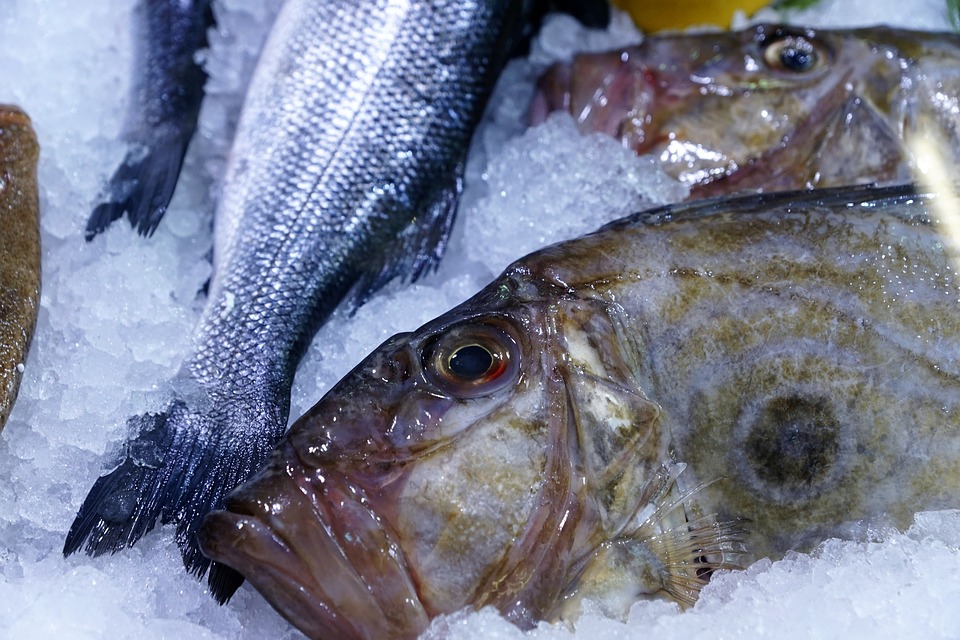*By [Your Name]*
Fish injuries are a common concern for fish owners and can have various causes, ranging from physical trauma to infections and swim bladder disorders. Understanding the root causes of fish injuries and implementing preventive measures is essential for maintaining the health and well-being of your fish. Additionally, promptly identifying and addressing injuries can contribute to successful treatment outcomes.
Fish injuries can occur due to various reasons, including aggressive tankmates, poor water quality, improper tank setup, and inadequate feeding practices. Being aware of these causes can help you take precautionary measures to prevent injuries and maintain a harmonious environment for your fish.
Maintaining optimal water quality is paramount for fish health. Regular water testing, proper filtration, and regular water changes help prevent stress and reduce the risk of injuries. Providing appropriate tank conditions, such as adequate space, hiding spots, and suitable substrate, reduces the likelihood of fish injuries caused by collisions or territorial disputes.
Carefully selecting compatible tankmates minimizes the risk of aggressive behavior and injuries. Research the temperament and compatibility of different fish species before introducing them into your aquarium. Overfeeding can lead to obesity and poor water quality, while underfeeding can result in aggression and fin nipping. Establishing a regular feeding schedule and providing a balanced diet ensures the overall health of your fish.
When it comes to addressing fish injuries, prompt action is crucial. External injuries, such as torn fins, open wounds, or missing scales, can occur due to aggression, sharp decorations, or poor water conditions. Promptly isolating injured fish, providing a clean and stress-free environment, and adding aquarium salt or specialized medications can aid in the healing process.
Parasites, such as Ichthyophthirius multifiliis (Ich) or skin flukes, can cause fish discomfort and lead to injuries. Recognizing symptoms like excessive scratching, white spots, or discoloration, and treating with appropriate medications can help eliminate parasites and restore fish health. Injuries or compromised immune systems can make fish susceptible to bacterial and fungal infections. Identifying symptoms like redness, swelling, or abnormal growths, and administering suitable antibiotics or antifungal treatments can combat these infections effectively.
Swim bladder disorders can cause buoyancy issues, leading to fish floating upside down or struggling to maintain balance. Adjusting feeding practices, providing a varied diet, and ensuring proper water conditions can help alleviate swim bladder issues.
To address some common concerns, here are answers to frequently asked questions:
– How can I prevent fin nipping in my fish?
Fin nipping can be reduced by providing adequate hiding spots, maintaining a balanced diet, and removing aggressive tankmates if necessary.
– What should I do if my fish has an open wound?
Isolate the injured fish in a separate tank, ensure clean water conditions, and consider using aquarium salt or specialized medications to aid the healing process.
– How can I identify and treat fish parasites?
Look for symptoms like excessive scratching, white spots, or discoloration. Consult a fish health professional or use appropriate medications to treat parasites effectively.
– Why is my fish floating upside down?
Floating upside down is often a symptom of swim bladder disorder. Adjusting feeding practices, providing a varied diet, and maintaining proper water conditions can help alleviate this issue.
– Can fish injuries be fatal?
Severe injuries, infections, or untreated health conditions can lead to fatality in fish. Prompt identification, proper treatment, and maintaining optimal tank conditions can significantly reduce the risk of fatality.
In conclusion, preventing fish injuries through proper tank setup, compatible tankmates, and appropriate feeding practices is crucial for maintaining fish health. Being vigilant in identifying and addressing injuries promptly can contribute to successful treatment outcomes. By following these guidelines and seeking professional advice when needed, you can ensure the well-being and longevity of your aquatic companions.









